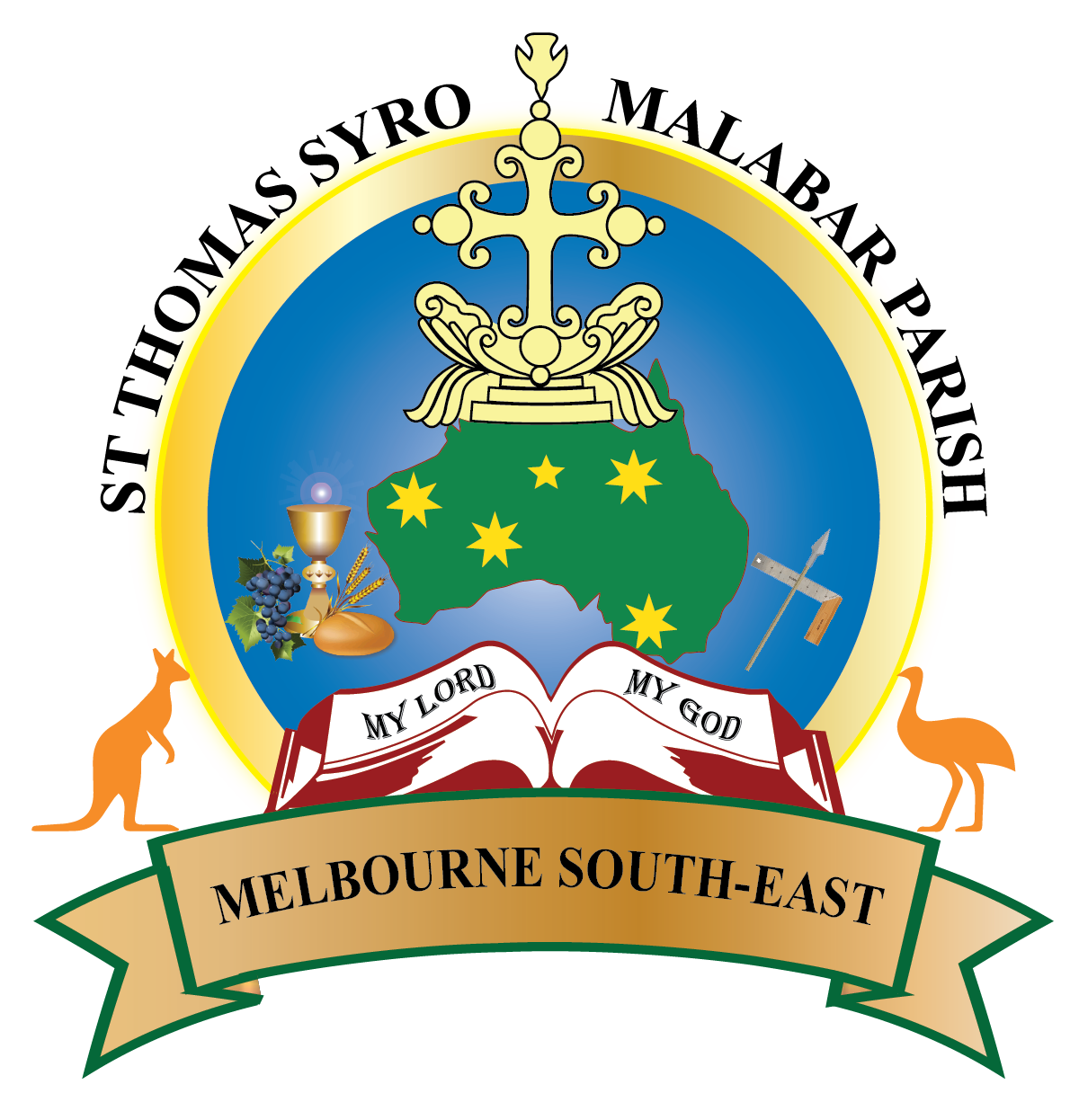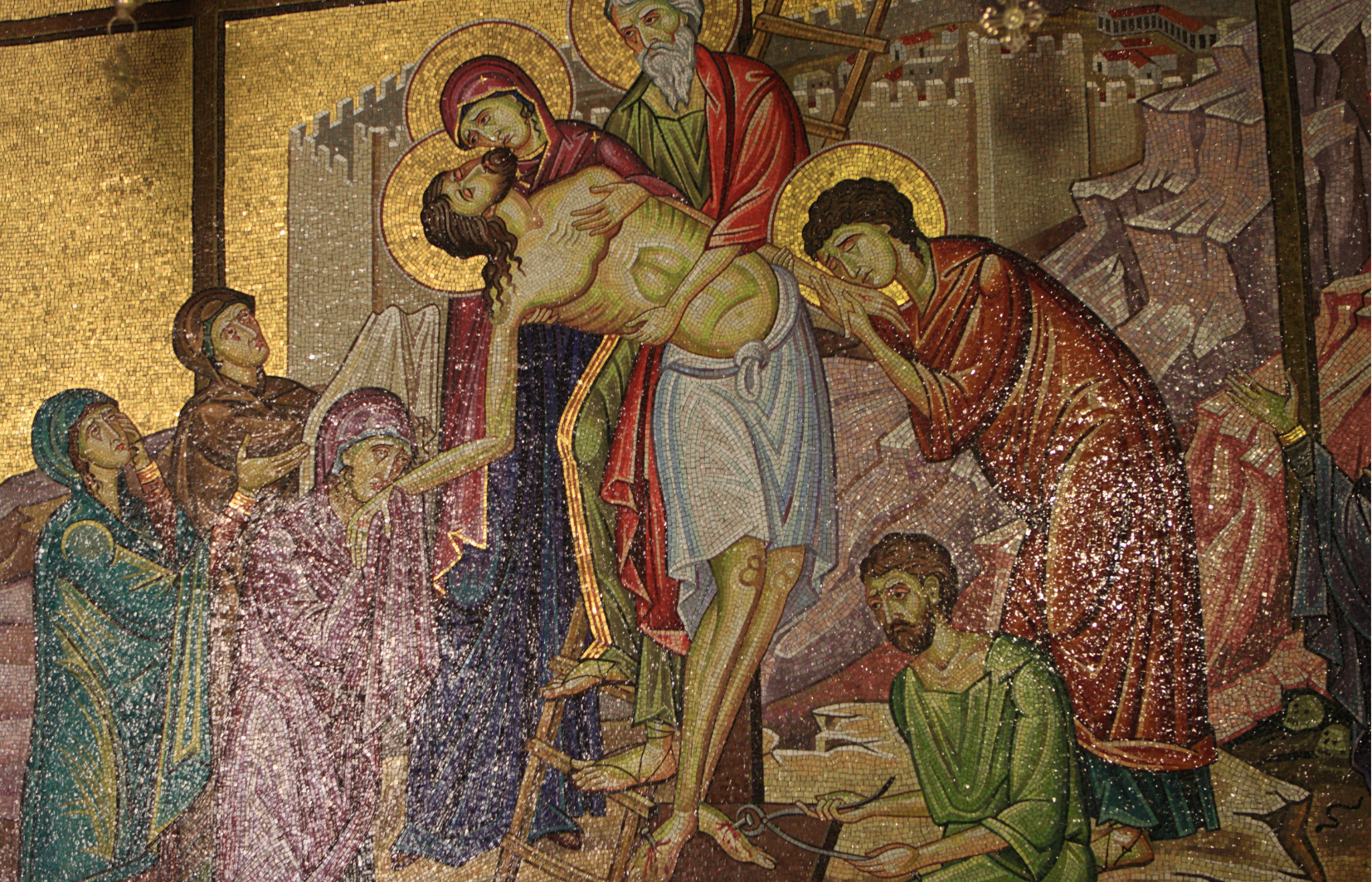Anointing of the Sick
For Emergency Please contact
Fr. Saji Njavarakkattu
M: 0451 331 462
Msgr. Francise Kolencherry
M: 0408 267 777
Anointing of the Sick
Jesus came in order to show God’s love. He often did this in places where we feel especially threatened: in the weakening of our life through sickness. God wants us to become well in body and soul and, therefore, to believe and to acknowledge the coming of God’s kingdom. [15031505] Sometimes a person has to become sick in order to recognize what we all healthy or sick need more than anything else: God. We have no life except in him. That is why sick people and sinners can have a special instinct for the essential things. Already in the NEW TESTAMENT it was precisely the sick people who sought the presence of Jesus; they tried “to touch him, for power came forth from himand healed them all” (Lk 6:19)
Jesus shows us: Heaven suffers with us when we suffer . God even wants to be rediscovered in “the least of these my brethren” (Mt 25:40). That is why Jesus designated care of the sick as a central task for his disciples. He commands them, “Heal the sick” (Mt 10:8), and he promises them divine authority: “In my name they will cast out demons;. . . they will lay their hands on the sick, and they will recover” (Mk 16:17-18). One of the distinctive characteristics of Christianity has always been that the elderly, the sick, and the needy are central to it. Mother Teresa, who cared for those who were dying in the gutters of Calcutta, is only one in a long series of Christian women and men who have discovered Christ precisely in those who were marginalized and avoided by others. When Christians are really Christian, a healing influence goes out from them. Some even have the gift of healing others physically in the power of the Holy Spirit (the charism of healing, CHARISM).
The SACRAMENT of the Anointing of the Sick can be received by any Catholic whose health is in a critical state. [1514-1515, 1528-1529] One can receive the Anointing of the Sick several times in one’s life. Therefore it makes sense for young people to ask for this sacrament also, if, for example, they are about to undergo a serious operation. On such occasions many Catholics combine the Anointing of the Sick with a (general) confession; in case the operation fails, they want to go to meet God with a clear conscience.
The Anointing of the Sick imparts consolation, peace, and strength and unites the sick person, in his precarious situation and his sufferings, with Christ in a profound way. For the Lord experienced our fears and bore our pains in his body. For many people the Anointing of the Sick brings about physical healing. But if God should decide to call someone home to himself, he gives him in the Anointing of the Sick the strength for all the physical and spiritual battles on his final journey. In any case, the Anointing of the Sick has the effect of forgiving sins. [1520-1523, 1532] Many sick people are afraid of this SACRAMENT and put it off until the last minute because they think it is a sort of death sentence. But the opposite is true: the Anointing of the Sick is a sort of life insurance. A Christian who is caring for a sick person should relieve him of any false fear. Most people in serious danger sense intuitively that nothing is more important for them at the moment than to embrace immediately and unconditionally the One who overcame death and is life itself: Jesus, the Savior.


